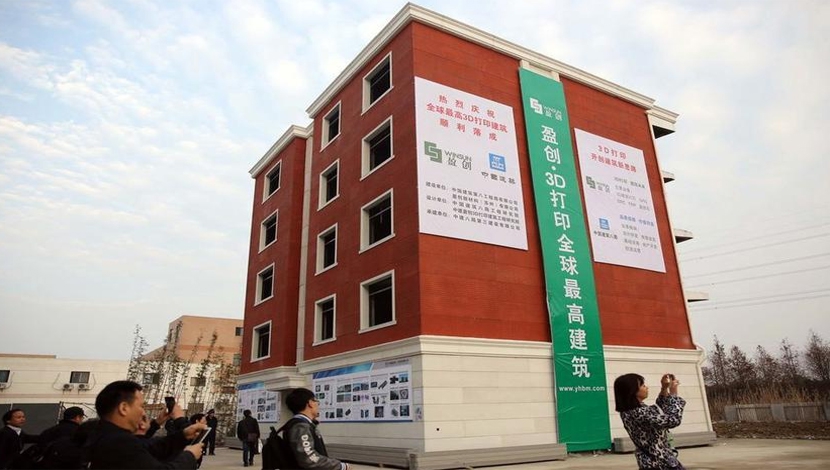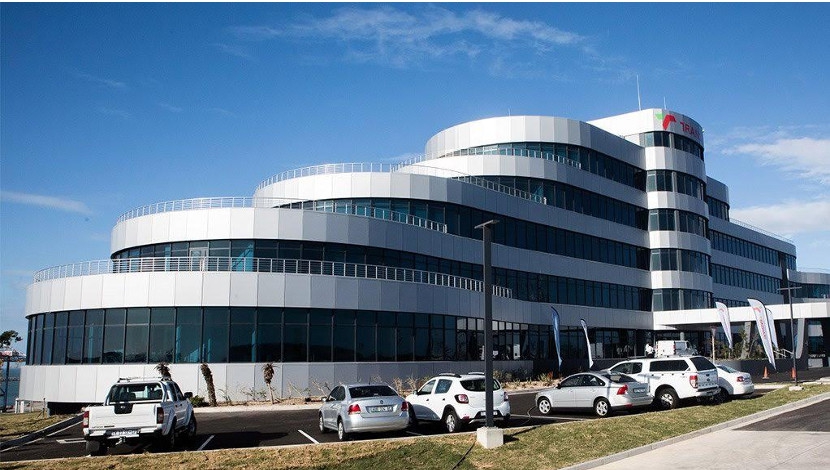

The First National Bank (FNB)/Bureau for Economic Research (BER) Building Confidence Index fell sharply to 32 for the second quarter, down from 43 in the first quarter.
All of the measured subsectors registered a drop in confidence.
“The broad-based nature of the decline in confidence suggests that the sector is facing increasing pressure from a number of different fronts,” said FNB property economist John Loos.
The current level of the index indicates that close to 70% of respondents are dissatisfied with prevailing business conditions.
The biggest fall was reported by hardware retailers where confidence shed 24 index points to 13. This is the joint lowest level since the second quarter of 2012.
The confidence of building materials manufacturers also deteriorated to a multiyear low of eight index points, from 25 in the first quarter, owing to a marked decline in domestic production and sales.
The confidence of main building contractors declined to 36 index points, from 42, quarter-on-quarter. However, the overall confidence of main contractors hides the developments within the two segments, namely residential and non-residential.
While the confidence of both residential and non-residential contractors fell, residential contractor confidence is only marginally below its long-term average of 43. In contrast, non-residential contractor confidence fell to 25.
“Official data showed that residential investment was surprisingly robust in the first quarter and these survey results suggest there is indeed some activity.
“Nonresidential investment on the other hand has been contracting since the third quarter of 2016, with no respite in this quarter. In fact, most of the evidence suggests that non-residential building activity is likely to worsen further before improving,” Loos stated.
The business confidence of building subcontractors shed four points to 38 in the second quarter. Underpinning the fall in confidence was a deterioration in building activity, as well as a sharp drop in overall profitability.
After showing some promise in the first quarter, activity at the start of the building pipeline slowed. Both architects and quantity surveyors were more pessimistic regarding activity, with 49% and 46% respectively stating that business conditions were satisfactory, down from 55%.
The prospects for the other building-related sectors are also downbeat, with softer consumer demand expected to weigh on the fortunes of hardware retailers. This, along with the underperforming non-residential sector, will in turn sour the performance of building material manufacturers.





